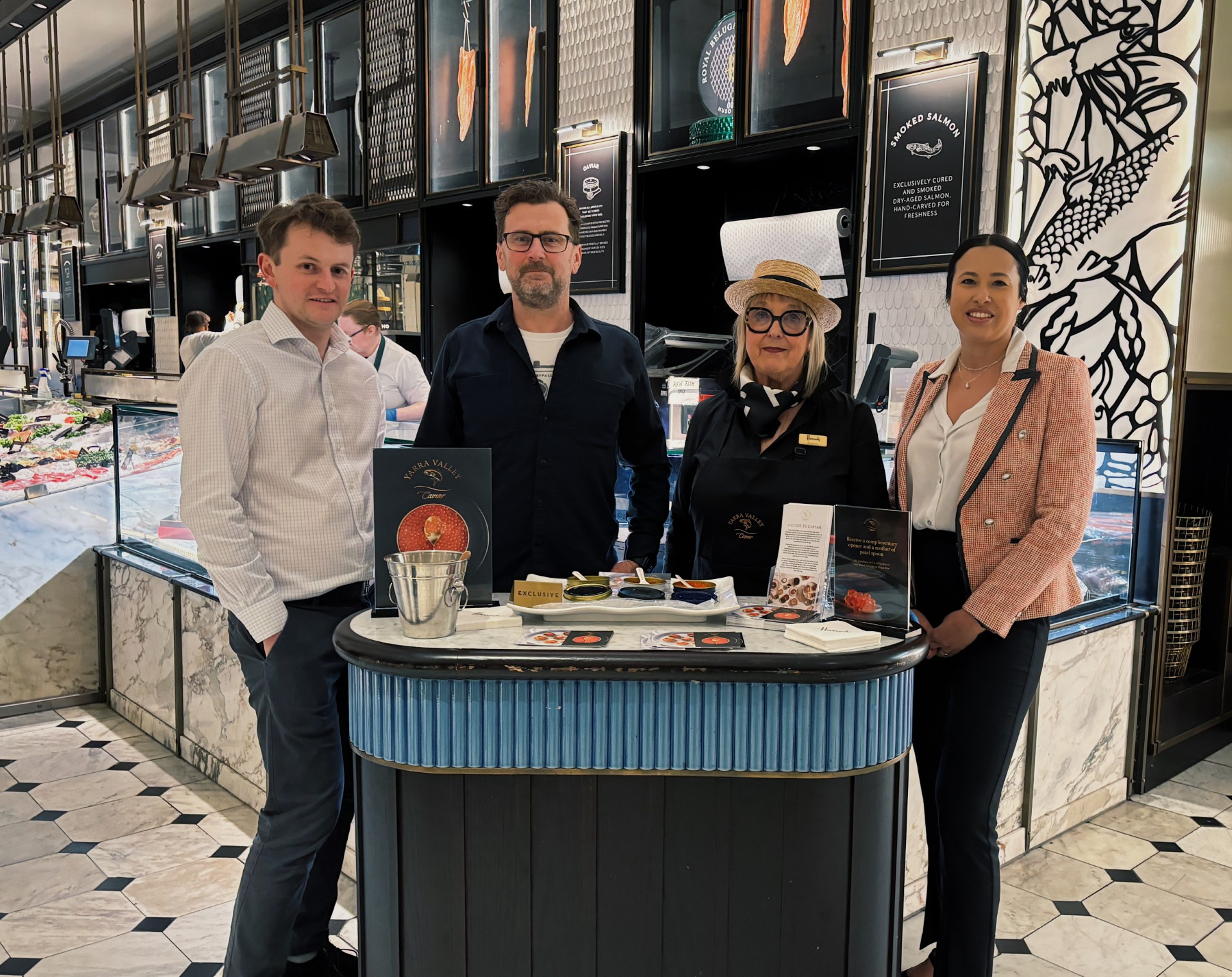The Morrison Government is backing some of Australia’s top academics to lead research projects that will benefit our health, economy, environment and understanding of the world.
Minister for Education Dan Tehan today announced the 2019 Australian Laureate Fellows who will share $53.8 million to lead research projects over five years.
The projects include research to:
- use synthetic biology to generate ‘smart plants’ that are higher-yielding and more resilient to benefit Australia’s farmers and agriculture sector;
- develop autonomous machine learning that enables machines to learn from big data and to support decision-making in complex situations. This research will support the growing market for technology using artificial intelligence;
- advance our understanding of cognitive ageing and to develop strategies to promote ageing well. This research will lead to better support for older Australians.
“The 17 Australian Laureate Fellowships support outstanding researchers to lead significant research projects,” Mr Tehan said.
“Our Government is investing in the current generation of leading researchers while also providing an opportunity for the next generation of researchers to learn from some of the best in the world.
“These fellowships foster leadership skills and provide excellent training and mentoring opportunities.
“The projects also have real-world applications that will deliver economic, environmental and social benefit to all Australians.
“Our Government is strategically investing in research, with a focus on turning ideas into jobs, productivity gains and economic growth.”
2019 Australian Laureate Fellows are:
New South Wales
- Professor Kaarin Anstey – The University of New South Wales – to advance our understanding of cognitive ageing, evaluating the impact of technology, lifestyle and experience impact cognitive resilience and cognitive function. Results will inform strategies to improve ageing well and productively.
- Professor Marcela Bilek – The University of Sydney – to create new processes to modify the surfaces of materials known as ‘plasma surface modification’, to resolve challenges with porous and dispersed materials. This research will have potential benefits for diagnostic and therapeutic biomedical applications.
- Professor Liming Dai – The University of New South Wales – to develop innovative approaches to producing new carbon-based catalysis processes without using metals, which are expensive and scarce. The technological advancement will have innovative applications for clean, renewable energy and environmental technologies.
- Professor Andrew Dzurak – The University of New South Wales – to develop a quantum computer processor, resolving critical issues to take the technology to a commercial-ready stage, which will have important applications in pharmaceutical design, finance and national security.
- Professor Jie Lu – University of Technology Sydney – to develop novel autonomous machine learning, enabling machines to learn from big data and to support decision-making in complex situations, which will benefit many industry sectors.
- Professor Belinda Medlyn – Western Sydney University – to create a predictive, process-based model for Australian vegetation dynamics in response to environmental change, transforming our understanding of Australian vegetation form and function. This will lead to benefits for land and fire management, agriculture and conservation.
Queensland
- Professor David Bellwood – James Cook University – to identify the key ecosystem functions needed to sustain coral reefs and determine their susceptibility to disturbance, identifying crucial ecosystem functions to support reefs and the people that rely on them.
- Professor Debra Bernhardt – The University of Queensland – this project will predict the dynamic behaviour and properties of physical matter at a molecular level using statistical physics (groundbreaking mathematical principles and tools for dealing with large scale physical problems), and developing state-of-the art molecular simulation models. This knowledge will have important applications for technologies such as robotics, batteries, and fluids at a microscopic level – and will lead to the development of new clean energy sources and storage technologies.
- Professor Sara Dolnicar – The University of Queensland – to manage the environmental impacts of leisure and tourism activities by creating a new theory explaining, predicting and eliciting pro-environmental behaviour in these pleasure-focused settings.
- Professor Lianzhou Wang – The University of Queensland – to develop revolutionary next-generation materials that harness solar energy. This research will produce valuable fuels and chemicals from water and carbon dioxide, replacing the need for fossil fuels.
Victoria
- Professor John Grundy – Monash University – to discover new ways to capture and use human-centric software using model-driven software engineering, to support the creation of improved software that better meets and adapts to diverse end-user needs.
- Professor Lynette Russell – Monash University – to examine one thousand years of dynamic encounters between Australia’s Indigenous peoples and voyagers from the sea through a massive open and interactive database. This will establish new understandings of Australia’s role in global exploration, and enduring international collaborations.
- Professor Nina Wedell – The University of Melbourne – to predict and mitigate the evolution of insecticide resistance in flies by applying sexual selection theory. This will provide new insight into how resistance is maintained in natural populations, and potentially help reduce pesticide use in agricultural management.
- Professor Yi-Min (Mike) Xie – RMIT University – to establish a new computational platform capable of producing diverse and competitive designs for manufacturing building components through an environmentally-friendly process. This research has the potential to transform the architecture, engineering and construction sectors.
Australian Capital Territory
- Professor Rupert Grafton – The Australian National University – to improve our understanding of the relationship Indigenous Australians had with water and to develop a Water Justice Hub that boosts knowledge of integrated water valuation.
- Professor Barry Pogson – The Australian National University – use synthetic biology to create ‘smart plants’ that are higher-yielding and more resilient in both good and bad seasons.
Western Australia
- Professor Enrico Valdinoci – The University of Western Australia – to produce ground-breaking research in mathematical analysis, focusing on solving challenging mathematical research questions, with broad cross-disciplinary application.







